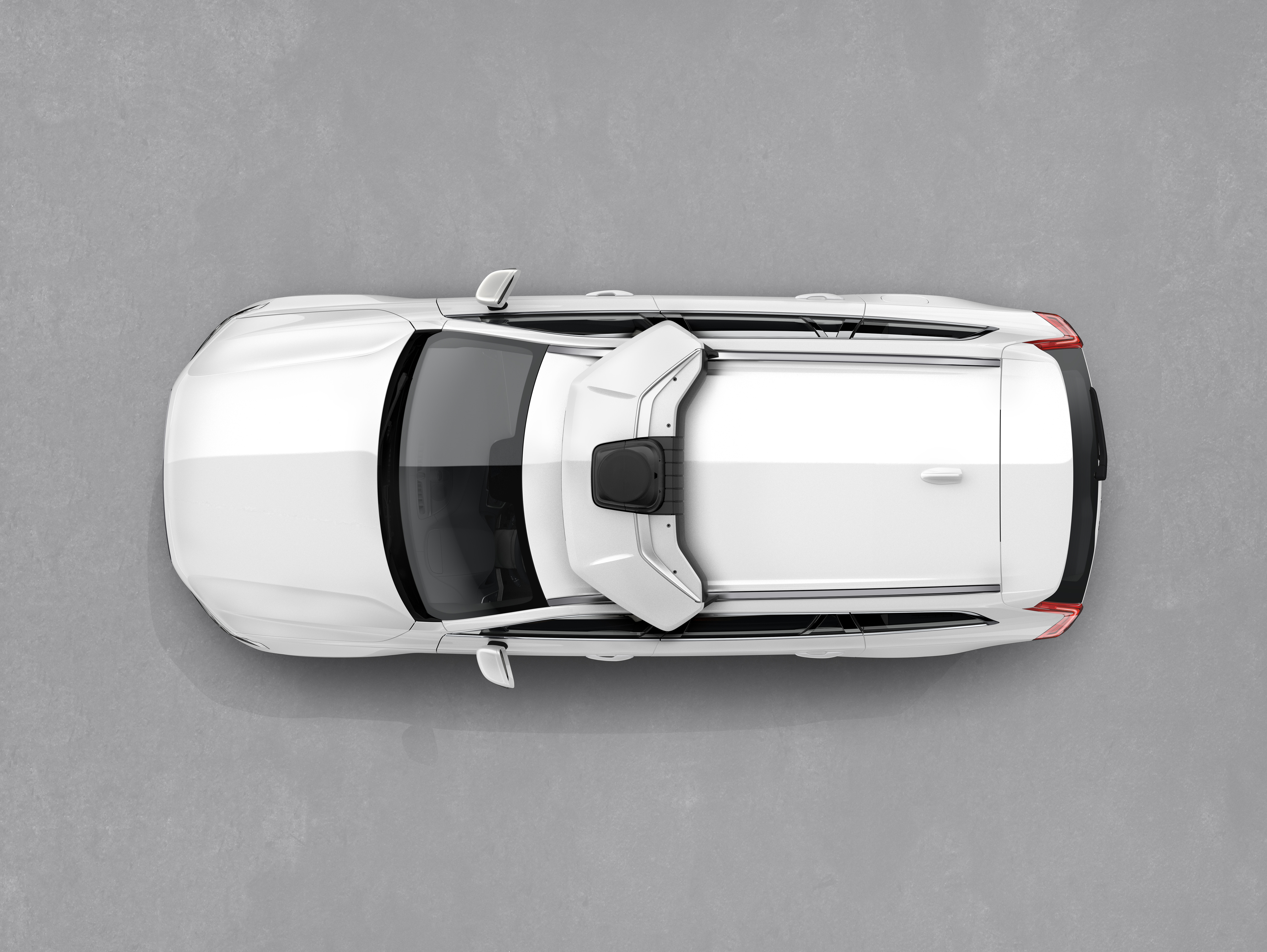Uber unveils new Volvo self-driving vehicle in a step toward robotaxi service – TechCrunch - 2 minutes read
Uber Advanced Technologies Group unveiled Wednesday a new generation of self-driving Volvo XC90 SUVs that are designed and built to be fully driverless, a critical milepost for the company as it inches toward deployment of a robotaxi service.
Volvo and Uber have developed several prototypes since entering into a joint engineering partnership in September 2016. Previous generations of vehicles were not built with full autonomy in mind, meaning a human safety driver had to be behind the wheel. Instead, Uber purchased the vehicles, about 250 in all, and then retrofitted them for self-driving use.
This new third-generation vehicle presented at Uber Elevate Summit has steering and braking systems designed for computer, rather than human control, as well as a new array of sensors atop and built into the vehicle.
Importantly, the vehicle has redundancies such as fail operational braking, steering and backup power built into the Volvo base vehicle on the manufacturing line, basic requirements if Uber ever hopes to pull the human safety driver out of the car. If any of the primary systems should fail for some reason, the backup systems immediately act to bring the car to a stop.

“By the middle of the next decade we expect one-third of all cars we sell to be fully autonomous,” Volvo Cars president and CEO Håkan Samuelsson said in a statement. “Our agreement with Uber underlines our ambition to be the supplier of choice to the world’s leading ride-hailing companies.”
Uber ATG still has work to do before it reaches that driverless vehicle goal. Uber resumed in December on-road testing of its self-driving vehicles in Pittsburgh, nine months after the company halted its entire autonomous vehicle operation after one of its vehicles struck and killed pedestrian Elaine Herzberg in the Phoenix suburb of Tempe.
Uber ATG’s plan is to begin with small geographies of cities, starting with Pittsburgh, and expand that area over time. The company is eyeing other cities. Uber ATG is collecting manual data in Toronto and California, but it’s not testing the self-driving vehicles there just yet.
Uber ATG’s goal is to test its self-driving vehicles on public roads in both areas once it receives proper permits.
The next-generation vehicles will begin to come into Uber ATG’s existing fleet in higher quantities in 2020. The company says it won’t completely replace its existing fleet of older vehicle because they still provide valuable testing and data collection.
